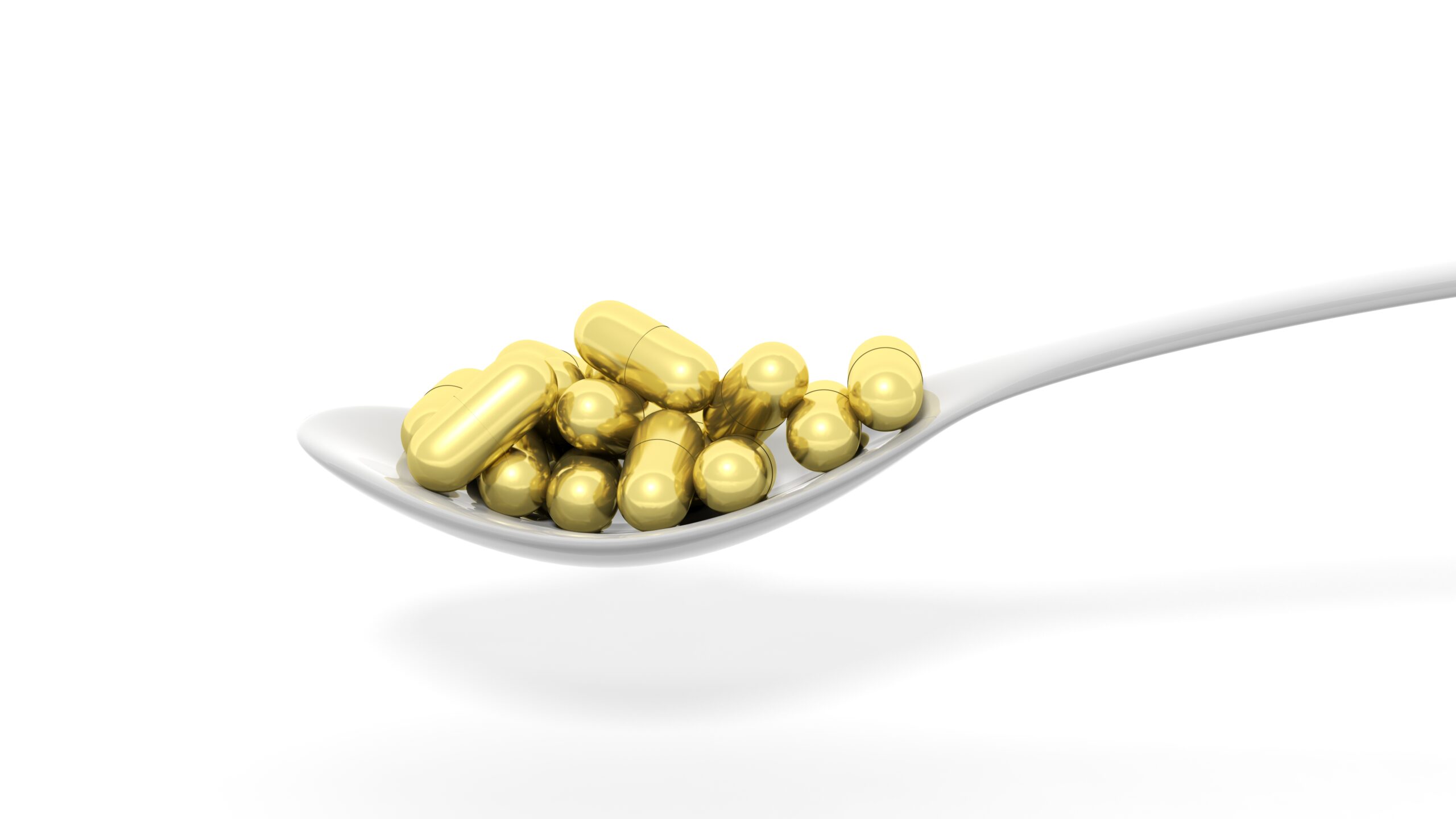
L-Leucine
Leucine performs a number of functions in the body. It helps to regulate blood sugar, improves wound healing, and produces growth hormone.
Best known for its role in the muscular system, including these functions:
- Muscle Building, Repair and Recovery
- Prevention of Muscle Loss and degradation
- Weight Control
- Builds proteins and enzymes
- Produces the vital iron carrying haemoglobin.
- Anti-inflammatory and prolonged analgesic (pain-relieving) effect.
L-Alanine
Involved in sugar and acid metabolism.
Increases immunity, and provides energy for muscle tissue, brain, and the central nervous system.
L-Phenylalanine
Phenylalanine have been proposed and widely used to treat depression as well as a disorder that causes white patches to develop on the skin (vitiligo).
It is also used for attention-deficit hyperactivity disorder (ADHD), chronic pain, and aging skin.
The body transforms it into an amino-acid tyrosine, required to produce proteins and neurotransmitters (L-dopa, epinephrine, norepinephrine, and thyroid hormones).
The balance of Norepinephrine is essential for mental and mood balance.
L-Lysine
Important for proper growth, and plays an essential role in the production of Carnitine, a nutrient responsible for converting fatty acids into energy and helping to lower cholesterol.
Aids in the absorption of calcium, plays an important role in the formation of collagen, (benefits bones, connective tissues including skin, tendon, and cartilage) and the formation of antibodies, hormones and connective tissues.
L-Valine
Branched-chain amino acid found in high concentration in muscle tissue.
L-Valine Is a component of many proteins
Helpful in treating addictions.
A deficiency of L-Valine may affect the myelin covering of nerves.
L-Glutamic Acid
Helps to prevent ammonia intoxication, and is an active neurotransmitter substance and is important for memory and learning.
By being converted into the anti-neurotransmitter GABA, L-Glutamic Acid may help to prevent seizures.
Counteracts fat storage, thus essential for weight management.
L-Asparagine
Acts as a neurotransmitter, hormone production and release, nervous system function.
L-Histidine
Forms histamine as a neurological compound released during allergic responses.
Essential for growth, repair of tissue, the preservation of the myelin sheaths that protect nerve cells.
Fabrication of both red and white blood cells, protects the body from damage caused by radiation and in heavy metals detoxification.
L-Threonine
Helps the liver reduce fat, maintains protein balance and supports cardiovascular, liver, central nervous system and immune system function by being involved in the production of antibodies.
It is involved in the production of collagen, elastin, connective and muscle tissue, especially the heart, where it is found in higher concentration and may decrease wound healing and recovery time from injury.
Beneficial in the treatment of Amyotrophic Lateral Sclerosis (ALS) and Multiple Sclerosis (MS).
L-Serine
Plays a major role as a catalyst for many enzyme functions and synthesizes the fatty-acid based sheaths around nerve fibers.
L-Serine is involved in the formation of immunoglobulins and antibodies strengthening the body’s immune system.
It synthesizes fatty acid sheaths around nerve fibers.
L-Proline
Aids in the production of collagen and therefore affects joints, cartilage, tendons, the heart and skin.
It is a precursor to Glutathione and very important for strengthening the heart.
L-Tryptophane
L-tryptophan is important for many organs in the body.
After absorbing L-tryptophan, the body converts some of it to 5-HTP and then to serotonin.
Serotonin is a hormone that transmits signals between nerve cells.
Changes in serotonin levels in the brain can affect mood.
Widely used for severe PMS symptoms, depression and insomnia.
L-Glysine
Prevents muscular degeneration by increasing levels of Creatine
Muscular tissue, DNA and RNA creation, converting glucose into energy.
Acts as an inhibitory neurotransmitter, important for the digestive system and nervous system function.
L-Thyrosine
Building blocks neurotransmitters, including epinephrine, norepinephrine and dopamine and supports the function of the thyroid, adrenal, and pituitary glands.
A factor in regulation endocrine hormonal function and structurally is a component in most of the proteins in the body.
L-Arginine
Creates antibodies to restore the proper balance of our intestinal flora.
L-Methionine
Is best known for its ability to supply Sulphur and other compounds required for the metabolism and growth. Sulphur is a key element and vital to the utilization of a number of antioxidant nutrients.
It lowers cholesterol and reduces fat in the liver while increasing lecithin production.
L-Cysteine
In certain cases such as premature infants, the elderly, or those with metabolic disease or a malabsorption syndrome it may be considered to be essential and must be supplied
from dietary sources.
Acts as an antioxidant and protects against radiation and pollution. Like all antioxidants, it will slow the ageing process, deactivate free radicals, and neutralize toxins.
Is involved in the formation of one of the most potent detoxifiers in the body, glutathione in the lungs, liver, kidneys, and bone marrow.
L-Iso-leucine
Builds proteins and enzymes, stimulates the brain, promotes muscle recovery after physical exercise, regulates blood sugar levels and is used to make the vital iron carrying haemoglobin.
Anti-inflammatory and prolonged analgesic (pain-relieving) effect.
It is used in the bio-synthesis of sterols in the body to stimulate muscle growth and inhibit muscular degradation.
L-Carnitine
Is critical for weight-management. A deficiency in l-carnitine reduces the breakdown of fatty acids in the mitochondrial matrix due to its function as a carrier. L-carnitine is also important in regulating fat and carbohydrate metabolism.
Is required for carbohydrate and protein metabolisms. If levels are low reduced blood sugar levels and increased protein degradation can occur.
Ornithine
Supporting strength, endurance and muscle recovery as well as reducing stress levels and promoting better sleep.
Iron (Organic)
Iron helps red blood cells carry oxygen from the lungs to cells all over the body.
Iron also plays a role in many important functions in the body.
People commonly use iron for preventing and treating different types of anemia caused by low iron levels.
It is also used for heart failure, memory and thinking skills, child development, fatigue and ADHD